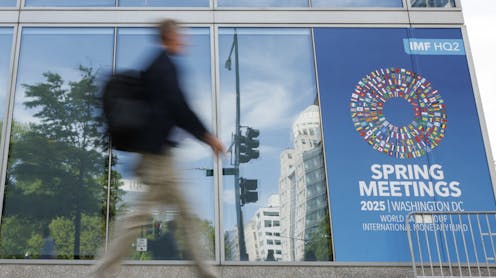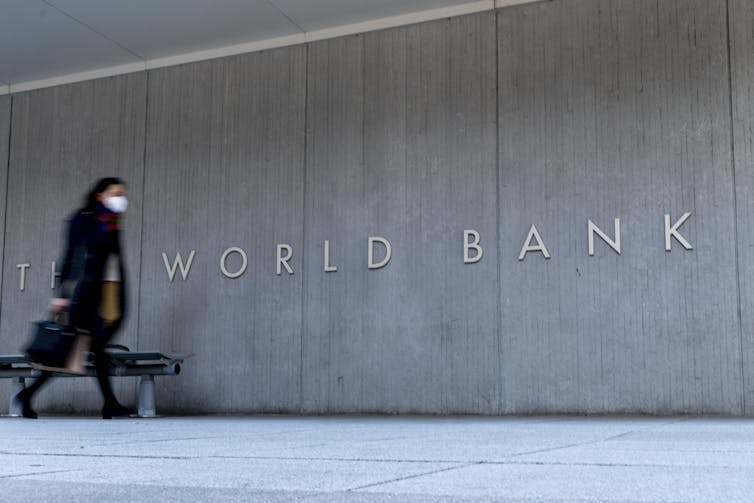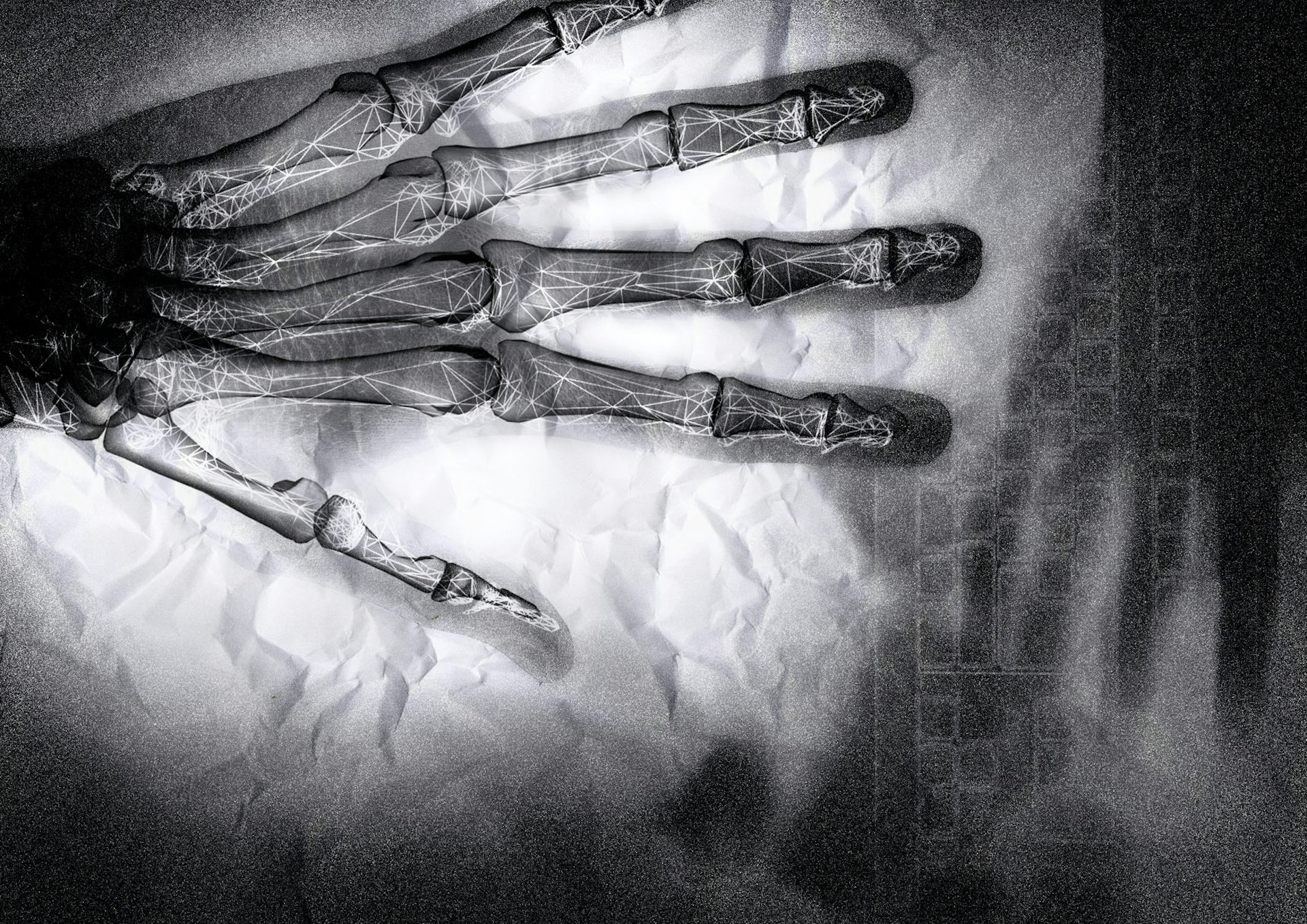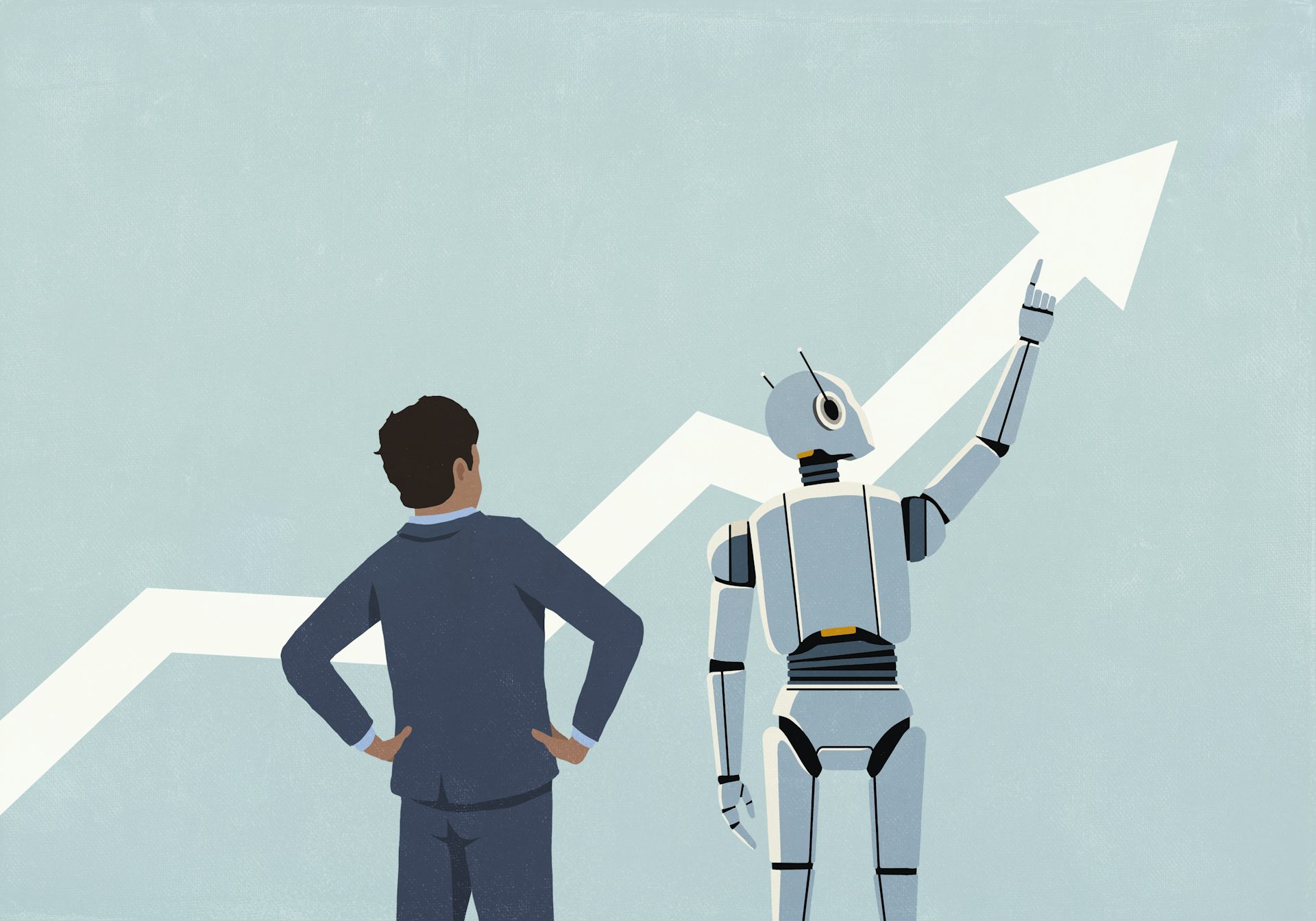From Doing Business to B-READY: World Bank’s new rankings represent a rebrand, not a revamp
The World Bank has long sought to replace it’s annual index that fell to scandal in 2021. But a new replacement repeats some of the flaws.

In 2021, the World Bank shut down one of its flagship projects: the Doing Business index, a global ranking system that measured how easy it was to start and run a business in 190 countries.
It followed an independent investigation that found World Bank officials had manipulated the rankings to favor powerful countries, including China and Saudi Arabia. The scandal raised serious concerns about the use of global benchmarks to shape development policy.
Now, the Bank is trying again. In October 2024, it launched its newest flagship report, Business Ready. The 2025 spring meeting of the World Bank and its sister institution, the International Monetary Fund, mark the first time the report will be formally presented to delegates as part of the institutions’ high-level agenda.
Nicknamed B-READY, the report aims to evaluate business environments through more transparent data. This time, the annual assessment has a broader ambition: to go beyond laws and efficiency and also measure social inclusion, environmental sustainability and public service delivery.
As experts on international organizations, law and development, we have given B-READY a closer look. While we appreciate that a global assessment of the economic health of countries through data collection and participation of private stakeholders is a worthwhile endeavor, we worry that the World Bank’s latest effort risks recreating many of the same flaws that plagued its predecessor.
From Doing Business to doing what?
To understand what’s at stake, it’s worth recalling what the Doing Business index measured. From 2003 to 2021, the flagship report was used by governments, investors and World Bank officials alike to assess the business environment of any given country. It ranked countries based on how easy it was to start and run a business in 190 economies.
In prioritizing that as its marker, the index often celebrated reforms that stripped away labor protections, environmental safeguards and corporate taxes in the name of greater “efficiency” of common law versus civil law jurisdictions.
As economist Joseph E. Stiglitz argued in 2021, from its creation, the Doing Business index reflected the values of the so-called Washington Consensus − a development model rooted in deregulation, privatization and market liberalization.

Critics warned for years that the Doing Business index encouraged a global “race to the bottom.” Countries competed to improve their rankings, often by adopting symbolic legal reforms with little real impact.
In some cases, internal data manipulation at the World Bank penalized governments that did not appear sufficiently business-friendly. These structural flaws − and the political pressures behind them − ultimately led to the project’s demise in 2021.
What is B-READY?
B-READY is the World Bank’s attempt to regain credibility after the Doing Business scandal. In recent years, there has been both internal and external pressure to create a successor − and B-READY responds to that demand while aiming to fix the methodological flaws.
In theory, while it retains a focus on the business environment, B-READY shifts away from a narrow deregulatory logic and instead seeks to capture how regulations interact with infrastructure, services and equity considerations.
B-READY, which in the pilot stage covers a mix of 50 countries, does not rank countries with a single score. Rather, it provides more accurate data across 10 topics grouped into three pillars: regulatory framework, public services and operational efficiency. The report also introduces new themes such as digital access, environmental sustainability and gender equity.
Unlike the Doing Business index, B-READY publishes its full methodology and makes its data publicly available.
On the surface, this looks like progress. But a criticism of B-READY is that in practice, the changes offer only a more fragmented ranking system — one that is harder to interpret and still shaped by the same investor driven macroeconomic assumptions.
In our view, the framework continues to reflect a narrow view of what constitutes a healthy legal and economic system, not just for investors but for society as a whole.
Labor flexibility over labor rights
A key concern is how B-READY handles labor standards. The report relies on two main data sources: expert consultations and firm-level surveys.
For assessing labor and social security regulations, the World Bank consults lawyers with expertise in each country. But when it comes to how these laws function in practice, the report relies on surveys that ask businesses whether labor costs, dismissal protections and public services are “burdens.”
This approach captures the employer’s perspective, but leaves out workers’ experiences and the real impact on labor rights. In some cases, the scoring system even rewards weaker protections. For example, countries are encouraged to have a minimum-wage law on the books − but are penalized if the wage is “too high” relative to gross domestic product per capita. This creates pressure to keep wages low in order to appear competitive. And while that might be good news for international companies seeking to reduce their labor costs, it isn’t necessarily good for the local workforce or a country’s economic well-being.
According to the International Trade Union Confederation, this approach risks encouraging symbolic reforms while doing little to protect workers. Georgia, for example, ranks near the top of the B-READY labor assessment, despite not having updated its minimum wage since 1999 and setting it below the subsistence level.
Courts that work − for whom?
Another troubling area, to us as comparative law experts, is how B-READY evaluates legal issues. It measures how quickly commercial courts resolve disputes but ignores judicial independence or respect for the rule of law. As a result, countries such as Hungary and Georgia, which have been widely criticized for democratic backsliding and the erosion of the rule of law, score surprisingly high. Not coincidentally, both governments have already used these scores for propaganda and political gain.
This reflects a deeper problem, we believe. B-READY treats the legal system primarily as a means to attract investment, not as a framework for public accountability. It assumes that making life easier for businesses will automatically benefit everyone. But that assumption risks ignoring the people most affected by these laws and institutions − workers, communities and civil society groups.
Be … better?
B-READY introduces greater transparency and public data − and that, for sure, is a step up from its predecessor. But in our opinion it still reflects a narrow view of what a “good” legal system looks like: one that might deliver efficiency for firms but not necessarily justice or equity for society.
Whether B-Ready becomes a tool for meaningful reform − or just another scoreboard for deregulation − will depend on the World Bank’s willingness to confront its long-standing biases and listen to its critics.
The authors do not work for, consult, own shares in or receive funding from any company or organization that would benefit from this article, and have disclosed no relevant affiliations beyond their academic appointment.
Read These Next
Artists and writers are often hesitant to disclose they’ve collaborated with AI – and those fears ma
Whether they’re famous composers or first-year art students, creators experience reputational costs…
Honoring Colorado’s Black History requires taking the time to tell stories that make us think twice
This year marks the 150th birthday of Colorado and is a chance to examine the state’s history.
50 years ago, the Supreme Court broke campaign finance regulation
A gobsmacking amount of money is spent on federal elections in the US. The credit or blame for that…






